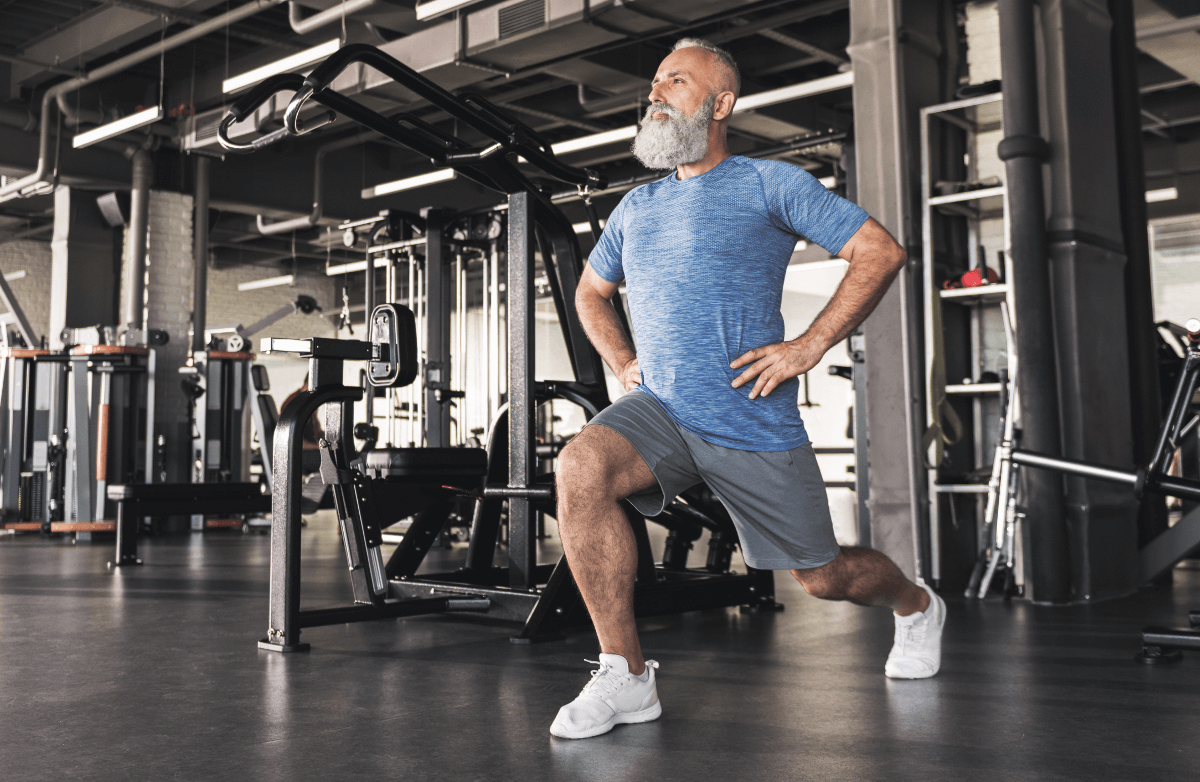|
I've always been amazed at the runners who can complete a marathon with minimal training, or get significantly faster just by doing a little bit of speed work. I've never been one of those people. I believe that I'm genetically destined to run about the same pace I always have, and I know that I can't skimp on training runs if I'm going to successfully complete a marathon. I've come to accept that no matter how fit I am or how much I train, I'll never comfortably run at the front of the pack. When I've discussed my theory with others, some tell me it's not true and I'm just giving up. But new research shows there might be reason to believe that I'm right. The study, published in the Journal of Applied Physiology, looked specifically at VO2 max (the capacity of the body to transport oxygen during exercise) which basically represents your level of endurance. Researchers identified 29 genes that seem to predict the capacity to improve VO2 max. They found these specific genes that could categorize people into low, medium and high responders to exercise. That doesn't mean that low responders wouldn't get benefit from regular activity. It just means that some people might have a greater ability to become more fit based on their genes. Ideally, the more you train, the more fit you should become and your VO2 max should increase. But that's not always the case. Previous studies found that even if participants adhered to the same exercise program, some saw no change in their VO2 max, while others improved by as much as 50%. This study does have limitations. It was small-scale, and still leaves a lot of questions about how these 29 genes function in the body. It's also important to note that heredity only accounts for about 50% of a person's capacity to improve their fitness level. So even if you're classified as a "low responder", that doesn't mean you'll never be able to run a marathon. Again, this doesn't mean that your genes will prevent you from seeing other benefits from regular activity. Weight loss, improved blood pressure, lower cholesterol, etc. are all benefits of exercise regardless of your DNA. What do you think? |
More From SparkPeople
|








-Toast/f082d9ab-b3d5-4779-a22a-e7796d4a8873.jpg)


.jpg)



